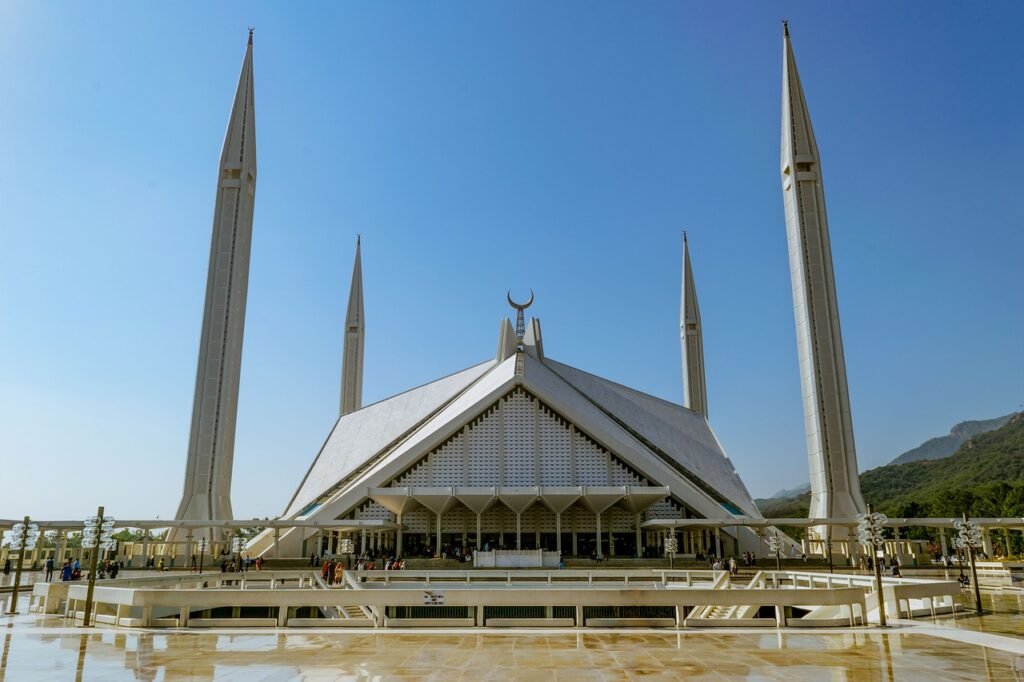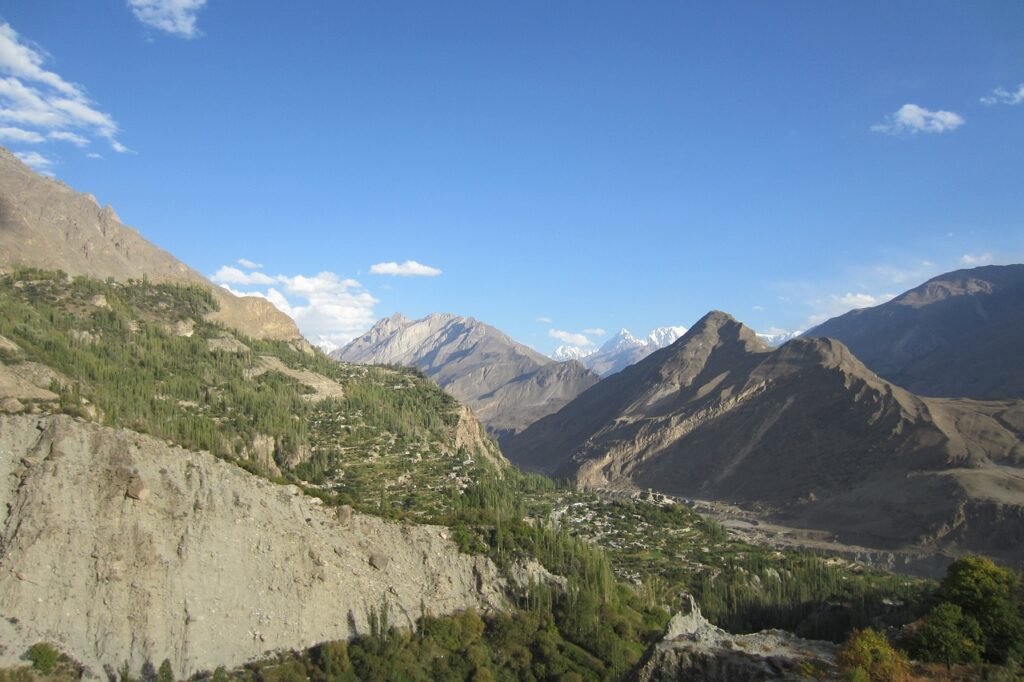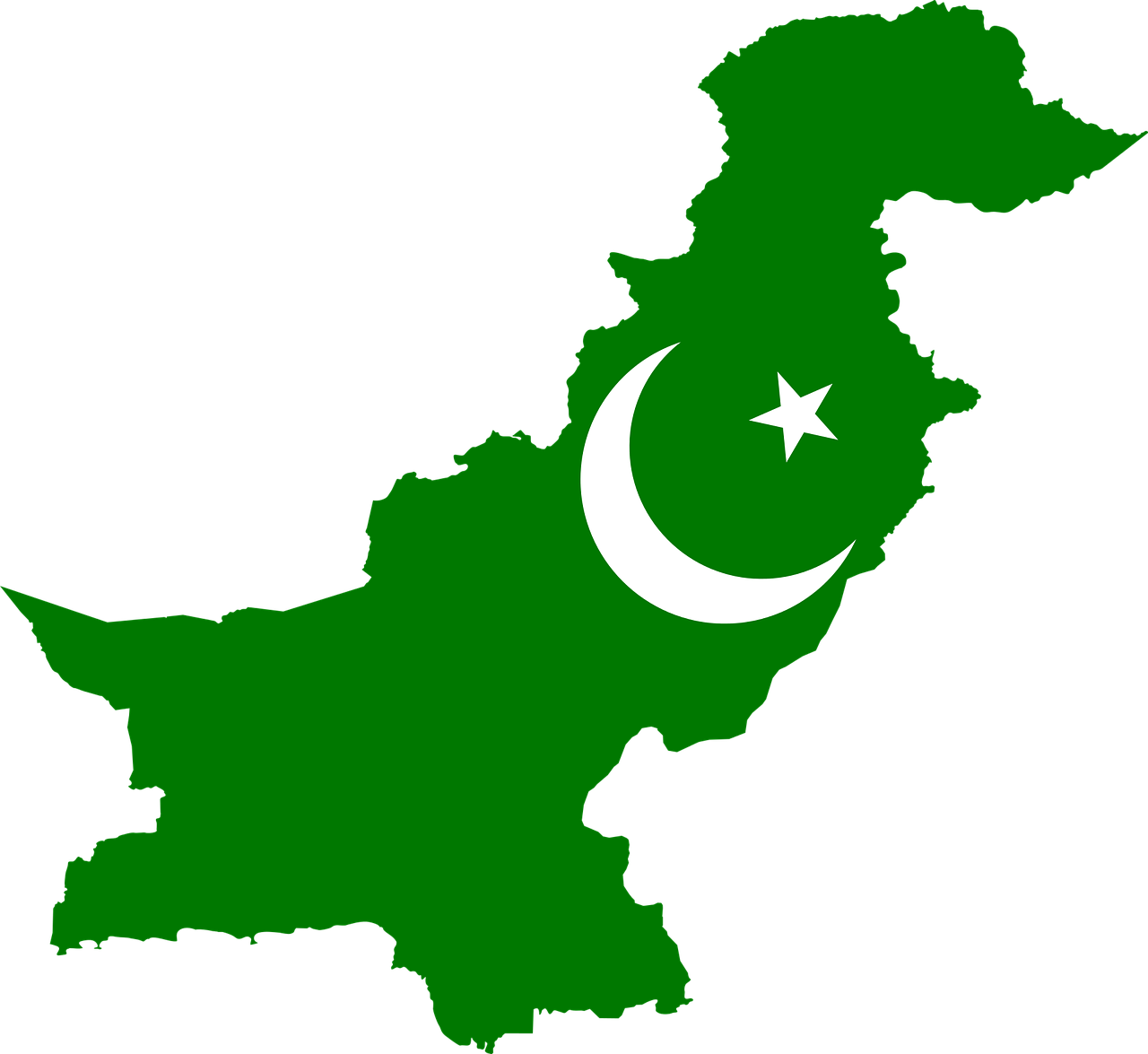Pakistan’s history is characterized by the fight for independence from British colonial authority and the division of British India that followed in 1947. Pakistan, which consists of East Pakistan (now Bangladesh) and West Pakistan (present-day Pakistan), was founded as a separate Muslim nation under the leadership of Muhammad Ali Jinnah. The nation had to deal with issues like civil warfare, wars with India, and political instability.
Pakistan has had both democratic and military administrations over the years.

Complicated ties with superpowers like the United States and continuous regional conflicts, most notably the struggle over Kashmir with India, have influenced its history.
Pakistan is a varied country with a rich cultural history today, yet it nevertheless faces social, political, and economic difficulties.
Introduction:
Pakistan’s history is a multifaceted tapestry of occasions, customs, and conflicts that have molded the country into what it is now. This article seeks to give a succinct summary of Pakistan’s fascinating history, covering everything from ancient civilizations to contemporary issues.
- Ancient Civilizations
- Islamic Rule
- Colonial Era and Independence
- Early Challenges and Wars
- Economic and Political Evolution
- Modern Pakistan
Ancient Civilizations:
The area that is now Pakistan has a long history that goes back thousands of years. Approximately 2500 BCE saw the thriving of the Indus Valley Civilization, one of the oldest urban civilizations in history. The ruins of this highly developed civilization are still visible at Mohenjo-Daro and Harappa archaeological sites.
Islamic Rule:
The history of the area underwent a change with the introduction of Islam in the seventh century. Parts of what is now Pakistan were ruled by a number of dynasties and empires over the ages, including the Ghaznavids, Mughals, Umayyads, and Abbasids. Particularly the Mughal Empire left behind enduring cultural and architectural legacies.
Colonial Era and Independence:
British colonial power extended throughout the Indian subcontinent in the 19th century, encompassing modern-day Pakistan. The partition of British India in 1947 resulted in the creation of the sovereign states of India and Pakistan, following the leadership of individuals such as Muhammad Ali Jinnah in the fight for independence. Pakistan became known as the Muslim motherland.
Early Challenges and Wars:
Early difficulties for Pakistan included the conflict with India in 1947–1948 over Kashmir and the Bangladesh Liberation conflict (1971), which led to the establishment of Bangladesh. The political and geographical terrain of Pakistan was molded by these conflicts.
Economic and Political Evolution:
Pakistan has experienced numerous military takeovers, civilian governments, and political upheavals over the years. There have been times of development and difficulties for its economy.
Its strategic significance during the Cold War significantly impacted the country’s course.
Modern Pakistan:
Pakistan is a varied nation today, with a thriving economy, a dynamic culture, and a convoluted political system. It has advanced in many areas, including as athletics, technology, and the arts. Although there are still difficulties, the people’s tenacity keeps things moving forward.

Conclusion:
Pakistan’s history demonstrates the resilient nature of its people.
Incredible triumphs and challenges have characterized Pakistan’s history, spanning from ancient civilizations to the demands of the modern world.
To appreciate the country’s identity and its significance in the international world, one must have a thorough understanding of its past.

